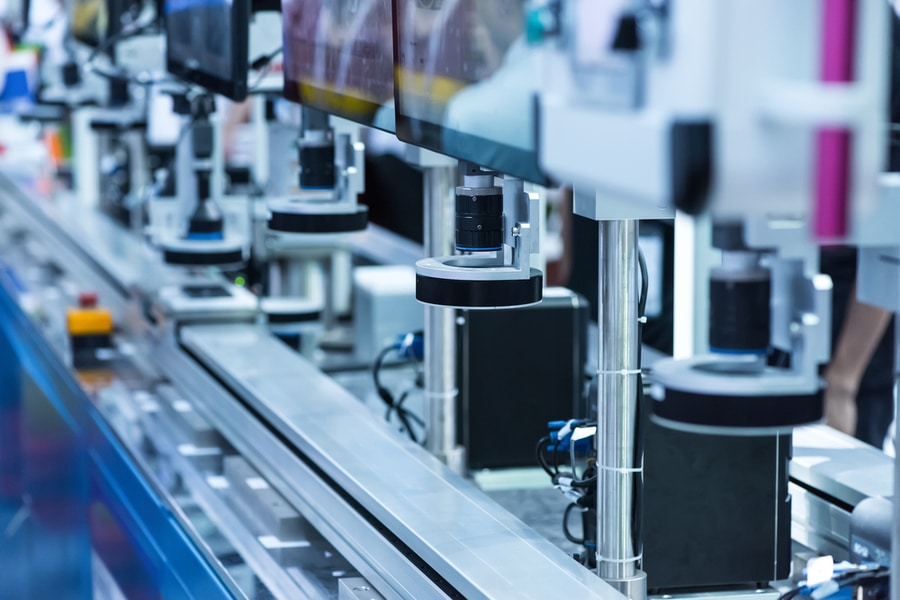Amazon to Replace 6 Lakh Workers with Robots, Says Report
Related Articles
होली से पहले की सबसे बड़ी परंपरा: होलीका दहन क्यों जरूरी, सही पूजा विधि, धार्मिक अर्थ, कथा, अग्नि में क्या डालें? और चंद्र ग्रहण...
इस साल होलिका दहन 2 मार्च, सोमवार की रात को मनाया जाएगा। इस दिन शाम 6 बजकर 22 मिनट से रात 8 बजकर 53...
Who is Ayatollah Alireza Arafi, Interim Supreme Leader Following Khamenei’s Death?
In a swift move to ensure stability in governance, Iran has appointed Ayatollah Alireza Arafi, aged 67, as the interim Supreme Leader following the...
बेंगलुरु में छात्रा के साथ नशीली दवा खिलाकर गैंगरेप: तीन और आरोपी गिरफ्तार, पूर्व पार्षद का बेटा भी शामिल
बेंगलुरु के अमृतहल्ली विला गैंगरेप मामले में पुलिस ने तीन और आरोपियों को गिरफ्तार किया है, जिनमें एक पूर्व पार्षद का बेटा भी शामिल...


